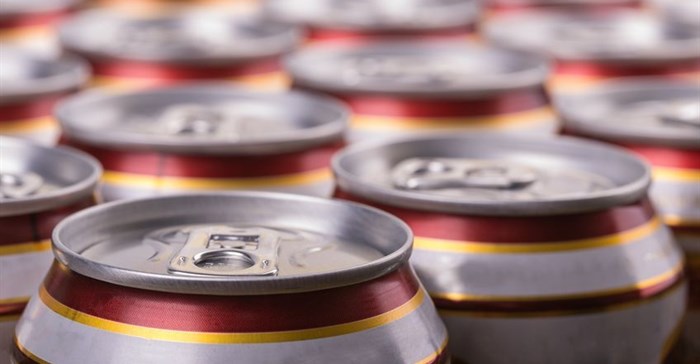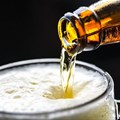South African Liquor Brandowners Association (Salba) has issued a statement that acknowledges the government's decision to consider preserving the economic livelihoods of South Africa's citizens, but calls for greater effort to be deployed in the vaccine rollout. It also called for an explanation of the rationale behind the decision to restrict retail alcohol sales over the weekend.

Source: ©Dmytro Skorobogatov via
123RF"This approach denies the average working person – most of whom are unable to go shopping during the week – the right to legally purchase alcohol for home consumption during their sparse free time. It is arbitrary and punitive to lower-income groups," said Salba chairperson, Sibani Mngadi.
Salba said it's concerned about the recent rise in the infection rate and reiterates its support of the government's vaccination mass rollout programme. However, the liquor industry was disappointed with the government's inability to efficiently roll out the vaccine programme to enable business to return to some level of normality.
Salba CEO Kurt Moore said the targeted population herd immunity threshold was 29 million adults. "South Africa must vaccinate 250,000 to 300,000 people per day before the end of the year to avoid significantly higher numbers of Covid-related deaths," said Moore, and that should be the focus of all the stakeholders' efforts.
"The industry reiterates its offer to provide whatever logistical assistance the government requires to achieve this huge operational undertaking," he added.
Consequences of restricting off-consumption sales
The Beer Association of South Africa (Basa) welcomed the increased curfew hours, adding that research has shown that restricting the mobility of people has a direct impact on the spread of the virus and helps alleviate pressure on the health system due to a reduction in trauma cases.
The association said it was however concerned about the indefinite restriction on the off-site consumption of alcohol sales from Fridays to Sundays, as announced by President Cyril Ramaphosa this evening.
"There is still no evidence that restrictions on off-consumption sales will assist in the fight against the spread of Covid-19. We believe that people should also be given the option to purchase alcohol and enjoy it, in moderation, in the comfort of their homes – thereby avoiding social gatherings," Basa said.
It added that it is also concerned about the unintended consequences of limiting retail hours, which further entrenches the illicit industry, which uses these restrictions as an opportunity to sell illicit products to the public.
"Last month, a report by Euromonitor International revealed that the illicit trade market has almost doubled in the last three years and is now estimated to be worth R20,5bn, comprising 22% of total alcohol consumption. In 2020, R11.3bn was lost to the fiscus due to the illicit alcohol trade," the association added.
Finally, the restrictions will also place a major strain on retailers who are still trying to recover from the previous alcohol bans and sales restrictions, Basa said.
Protecting lives and livelihoods
Both associations said they would continue to work with the government through Nedlac to deal with surges in Covid-19 infections, and that it would work with the government to save lives while protecting the livelihoods of a million jobs supported by the alcohol value chain.
Salba's Mngadi said, "We stand by our commitment to being part of the President's economic growth plan. The alcohol industry can – and does – play an important role as an engine of economic growth in SA and job creation across the value chain. We can only do this by operating within a well-regulated space. We do not support outright bans on alcohol sales which have tragic and disastrous consequences, while alternative, effective and targeted interventions are available."
Basa's interventions have included the use of click-and-collect platforms to assist in ensuring the safety of consumers, the halting of sponsored events that encourage gatherings and enhanced adherence to safety protocols at all outlets. The broader alcohol industry has also funded the placement of 500 patrollers and ex-reservists in 50 police stations across the country to support SAPS with visible enforcement on the ground this year.
Basa said its members will continue visiting liquor outlets to monitor their compliance with Covid-19 regulations and cut off the supply to those establishments whose licences have been revoked.


































